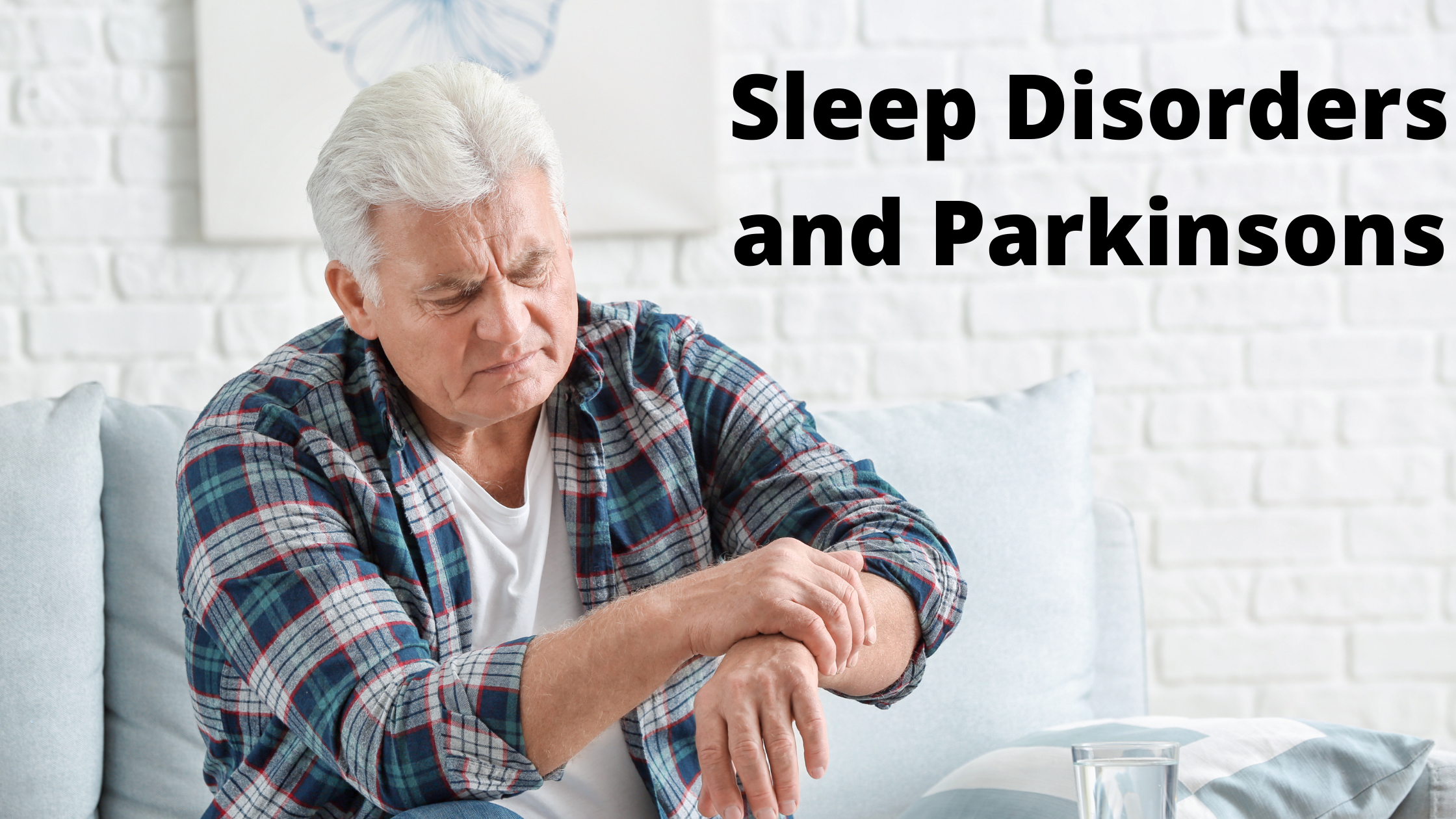
Sleep is essential to our health and wellbeing; however, for individuals with Parkinson's Disease, it is even more important as the body needs more time to restore and repair itself. However, Parkinson's disease makes it very challenging to get a good night's rest and can disrupt this process of healing. Continue reading to find out more about Parkinson's and how sleep can be impacted.
What is Parkinson's?
Parkinson's disease is a neurodegenerative disorder that affects the dopamine-producing neurons in a specific area of the brain called the substantia nigra. Symptoms generally develop slowly over the years, and the progression is a bit different from one person to another due to the diversity of the disease.
Individuals with Parkinson's may experience a tremor, bradykinesia, limb rigidity, and gait and balance problems. The cause of Parkinson's is very unknown, and although there is no cure, treatment options vary. Parkinson's is not fatal; however, its complications eventually are.
What are the most common sleeping issues?
Individuals living with Parkinson's may experience sleep disturbances, excessive daytime sleepiness, talking or yelling while asleep, vivid dreaming, leg movements, difficulty turning over in bed, and waking up to go to the bathroom.
How to get better sleep with Parkinson's
Although there is no cure for Parkinson's, there is a way to live with it. To get better sleep, there are certain things you can do to maximize your sleep. Tips for better sleep include:
- Keeping a regular sleep schedule
- Choosing a bedtime when you want to get up
- Make a bedtime routine
- Spend time outside every day
- Sleep in a cool place
- Don't do anything in bed besides sleep and sex
- Use the bathroom before going to bed
- Use satin sheets and pajamas to make moving in bed easier
Excessive daytime sleepiness
Excessive daytime sleepiness is seen in about 30-50% of people with Parkinson's disease. It is more prominent as the disease advances. Daytime sleepiness may arise for many reasons, including a poor night's sleep or the use of dopaminergic medications.
EDS can be treated with the tips above, as well as by establishing good sleep hygiene, exposure to adequate light, physical exercise, and avoiding sedentary activities during the day. These practices may help to combat the excessive sleepiness that PD patients deal with on a day-to-day basis.
If you or someone you know was diagnosed with Parkinson's and is having trouble sleeping, then please click the orange button below to take a free online sleep test.
https://www.parkinson.org/Understanding-Parkinsons/Symptoms/Non-Movement-Symptoms/Sleep-Disorders

